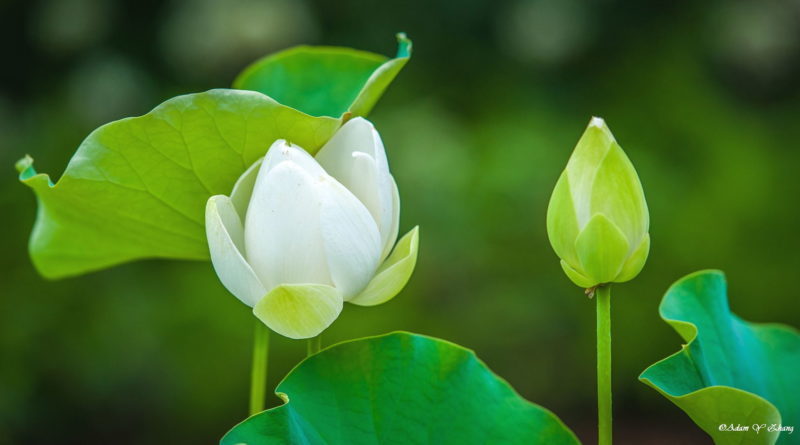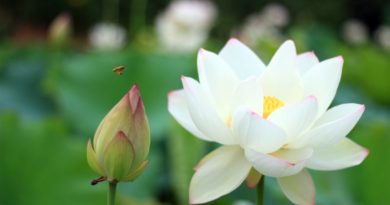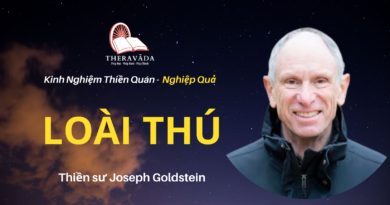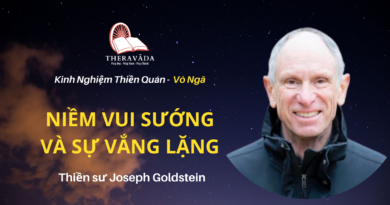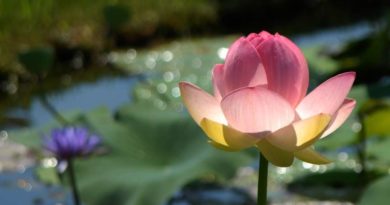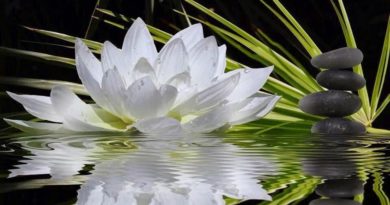DHAMMA PADETHA – 11. FOUR TYPES OF DEVOTEES
DHAMMA PADETHA – FOUR TYPES OF DEVOTEES
Those who are carrying out for the propagation and perpetuation of Buddha Sasana belong to two categories: Sayadaws / Sangha and devotees.
Sayadaws and Sangha alone cannot, carry out for the propagation and perpetuation of the Sasana. The devotees alone cannot carry out the propagation and perpetuation of the Sasana either. Depending on each other and only if both parties work together the Sasana will flourish and last long. This is the discourse of Lord Buddha.
To work and earn toward obtaining clothing (robes), food (alms-food), building (monastery) and medicine, and other requisites has been prohibited by Lord Buddha. Therefore, Sayadaws and Sangha have to depend on the devotees.
Since people are too busy with economic affairs, social affairs, education and the affairs of the country, they cannot learn the dhamma discourse completely and are unable to practise it. Therefore, they have to depend on the Sayadaws and Sangha.
There are four types of devotees whom Sayadaws and Sangha must depend upon. Devotees who are
(1) allowed to ask for but cannot give
(2) allowed to give but cannot ask for
(3) allowed to ask and also give
(4) can neither ask for, nor give
In depending on each other, if these four types are known, Sayadaws and Sangha and devotees will be free from fault and will be able to work for the propagation and perpetuation of the Sasana. If they do not know these four types both the Sangha and devotees will have faults in depending on each other and will not be able to work for the propagation and perpetuation of the Sasana. Their actions might be detrimental to the Sasana.
(1) Some devotees would tell Sayadaws and Sangha to ask them if they need robes, alms-food, monastery and medicine (the four requisites). But they (devotees) do not build or renovate monasteries. Neither do they air out and put the beddings of Sangha in the sun, nor do they prepare and cook alms-food, nor do they sweep and do other necessities at the monastery. From these devotees Sangha can ask for things but cannot give them anything. Thus they are those from whom Sangha can ask for but not give anything.
Motto: Not doing the necessities,
though invited, can ask but not give.
(2) Some devotees would build and repair monasteries for Sayadaws and Sangha, sweep and sun the beddings, prepare meals and alms-food and such-like necessities. However, they would not invite the Sangha to ask for anything they wish for. To these laity the Sayadaws can give but cannot ask for anything. Therefore, these devotees can be given but not asked for,
Motto: Uninvited but dutiful,
give anything but cannot ask for.
(3) Some dayakas and dayikas (female giver) would invite Sayadaws and Sangha to ask for robes, alms-food, monastery and medicine, the four requisites, whenever they need. They would build and repair monasteries, sun the beddings, sweep, prepare and cook alms-food and sweet-meats and do other duties. From these devotees Sayadaws and Sangha can ask for anything and also give them anything. That is why from these devotees Sangha can ask for, as well as give them anything.
Motto: Invited, dutiful, ask and give.
(4) Some devotees would not invite Sayadaws and Sangha to ask for robes, alms-food, monastery and medicine the four requisites, when they wish for they will not do anything for the Sangha. From these devotees the Sayadaws and Sangha cannot ask for anything. Neither can they give them anything. Therefore, this type of devotees cannot be asked from and be given.
Motto: Far from being invited, far from being dutiful. Neither can they ask nor give.
Sayadaws and Sangha, as well as devotees who are well versed with the four types of devotees know whom to ask from and whom to be given, so that they can work for the propagation and perpetuation of the Sangha and will be beneficial till they reach Nibbana for which they have wished and aspired.

